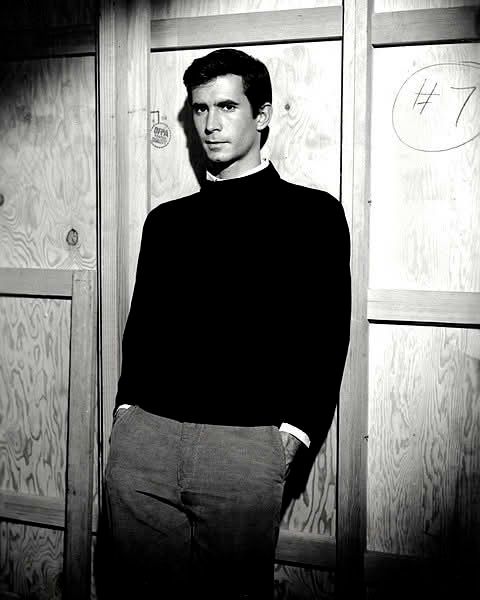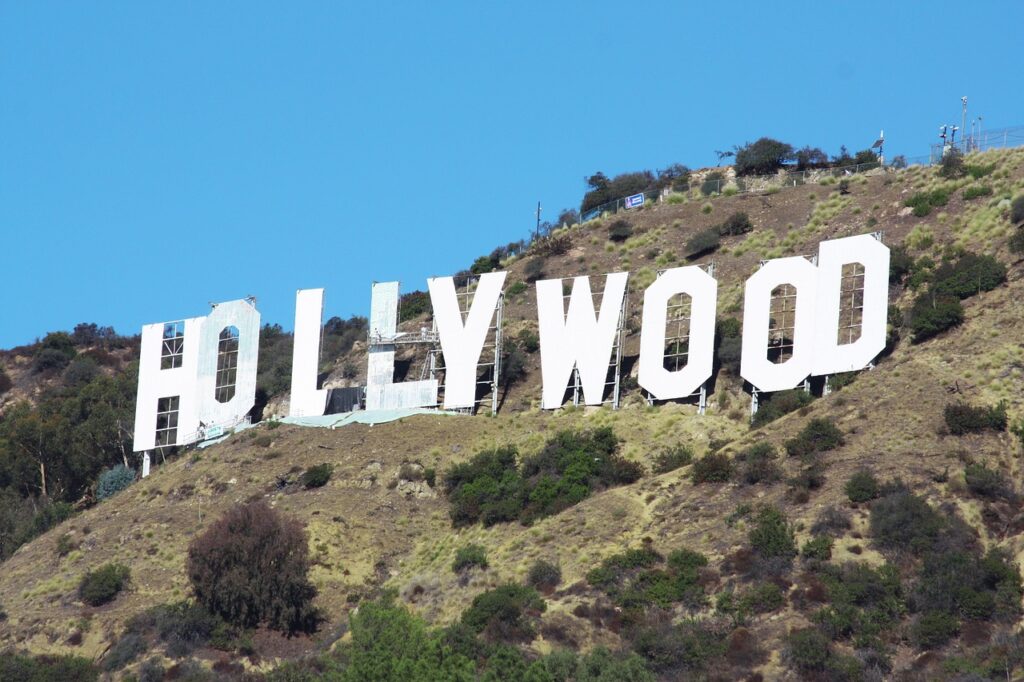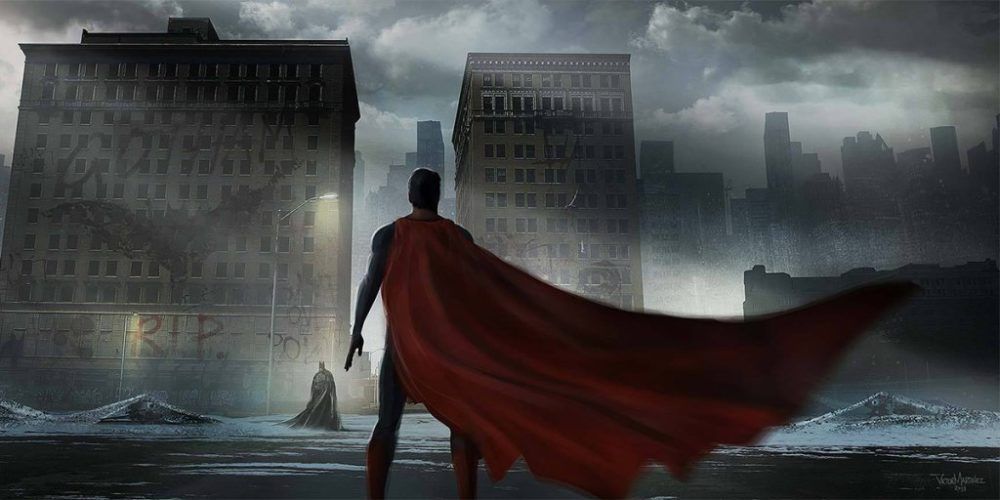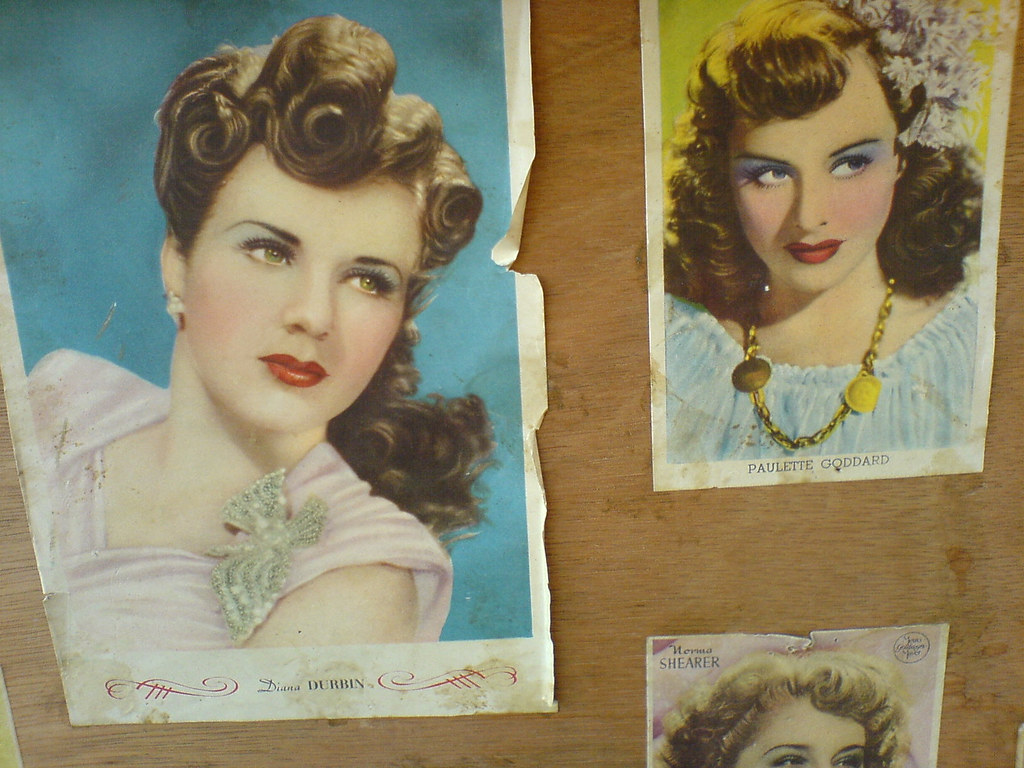
Hold onto your popcorn, because we’re about to dive deep into some of the most heartbreaking and utterly shocking celebrity deaths that didn’t just break our hearts, but quite literally changed the face of Hollywood forever. We’re talking about stars whose lights went out far too soon, leaving behind a legacy that continues to resonate, even decades later. Their stories aren’t just tabloid fodder; they’re chapters in the very history of entertainment, shaping everything from production practices to public perception.
It’s easy to forget that behind the glitz, the glamour, and those larger-than-life personas, celebrities are just people. They grapple with the same struggles, face unexpected challenges, and sometimes, meet ends that leave us all scratching our heads, wondering ‘what if?’ These tragic tales remind us of the human cost of fame, and how deeply interconnected the personal lives of stars are with the public’s imagination.
From mysterious circumstances that still fuel conspiracy theories to tragic accidents and battles fought in secret, these untimely departures have left indelible marks on the industry and in our collective memory. So, get ready to explore the profound impact of these incredible talents, whose final curtain calls forever altered the Hollywood stage. You might be surprised by just how much their absence continues to be felt!

1. **Marilyn Monroe**Perhaps the name on everyone’s mind when talking about tragic deaths of Hollywood stars is Marilyn Monroe. The world was shaken on August 5, 1962, when she was found dead at the age of 36 in her home in Los Angeles. The official cause? A barbiturate overdose that was ruled a probable suicide.
However, that official ruling left many in doubt. Monroe, a gorgeous star, was rumored to have been involved in extramarital affairs with both John F. Kennedy and his brother, Robert F. Kennedy. This involvement immediately raised conspiracy theories that perhaps she didn’t take her own life, but was silenced because she knew too much about government secrets.
Conspiracy theorists have long suspected Monroe was murdered, possibly by being forced to take the drugs that killed her, specifically to prevent her from revealing sensitive information about the Kennedy brothers. These theories have persisted for decades, fueled by the mysterious circumstances surrounding her death and the high-profile individuals allegedly involved.
Adding another layer to the enduring mystery, the CIA continues to maintain files on Monroe’s death. This fact alone keeps the speculation alive, making it unlikely that anyone will ever truly know what really happened that fateful night. Her tragic end cemented her status as an eternal Hollywood enigma, symbolizing the dark side of fame and power.
Read more about: Dating Disaster? 14 Secret Ways You’re Sabotaging Your Love Life (And How to Stop!)
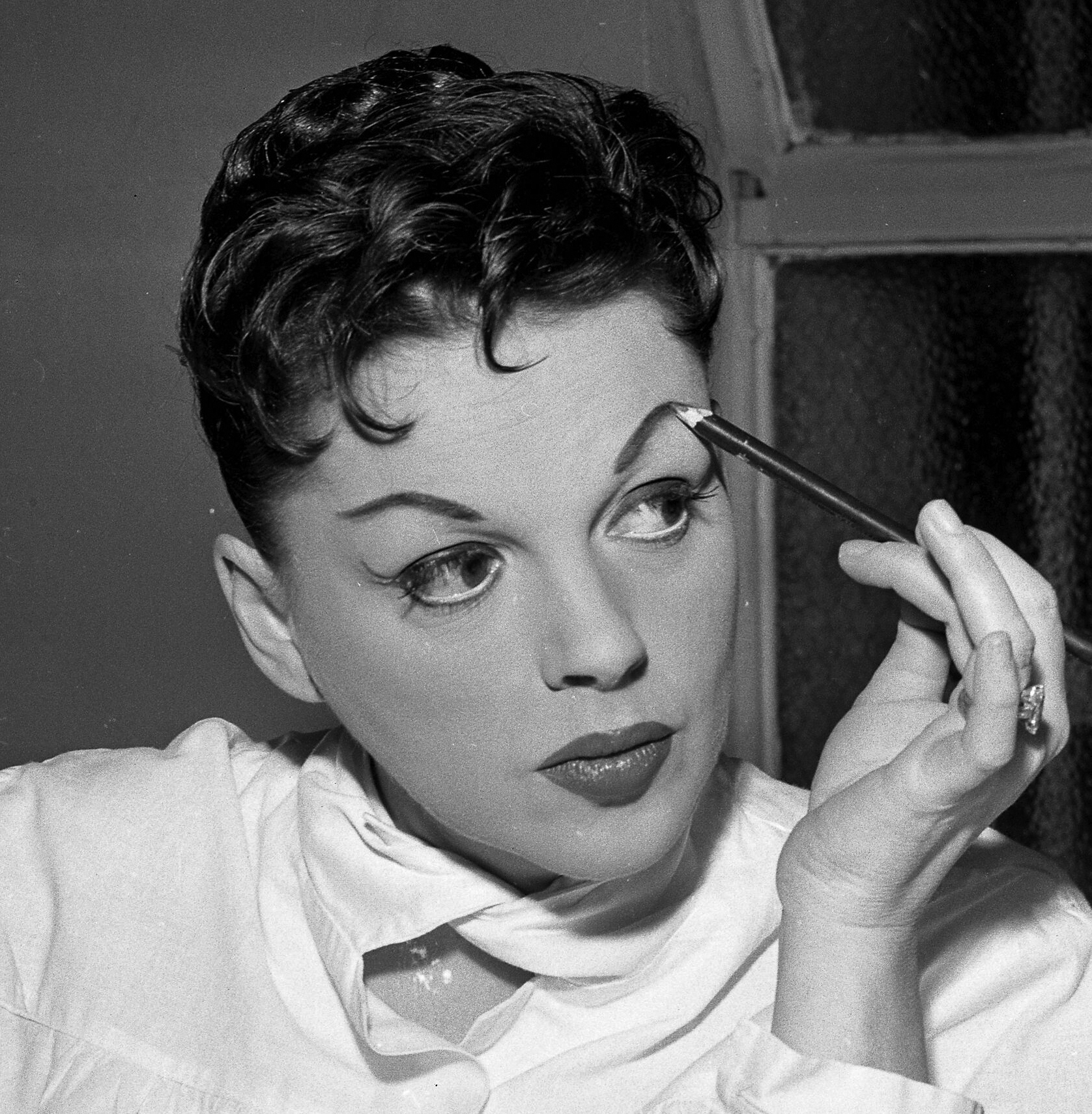
2. **Judy Garland**Judy Garland, the brilliant actress who captured hearts in classics like ‘The Wizard of Oz’ and ‘A Star Is Born,’ faced a tragically similar end to many stars of her era. She overdosed on sleeping pills at the age of 47, a culmination of a life plagued by intense personal battles.
Her struggles weren’t just private; they were tragically amplified by the ruthless machine of early Hollywood. Garland’s life was a testament to the devastating impact of addiction, mental health issues, and physical health struggles, all of which were made significantly worse by the relentless exploitation she endured from the studio system.
From a very young age, she was subjected to strict diets, rigorous work schedules, and given various medications to keep her going, often without her informed consent. This early exposure to stimulants and depressants, combined with the immense pressure to perform, set the stage for a lifetime of addiction and emotional turmoil.
Her death served as a stark, heartbreaking reminder of the darker side of child stardom and the profound, often irreversible, damage that can be inflicted upon young talents in the pursuit of entertainment. Judy Garland’s legacy is not only one of immense talent but also a poignant cautionary tale about the human cost of Hollywood’s relentless demands.
Read more about: Beyond the Spotlight: 10 Unforgettable Movies Where the Supporting Cast STOLE the Show (Seriously!)
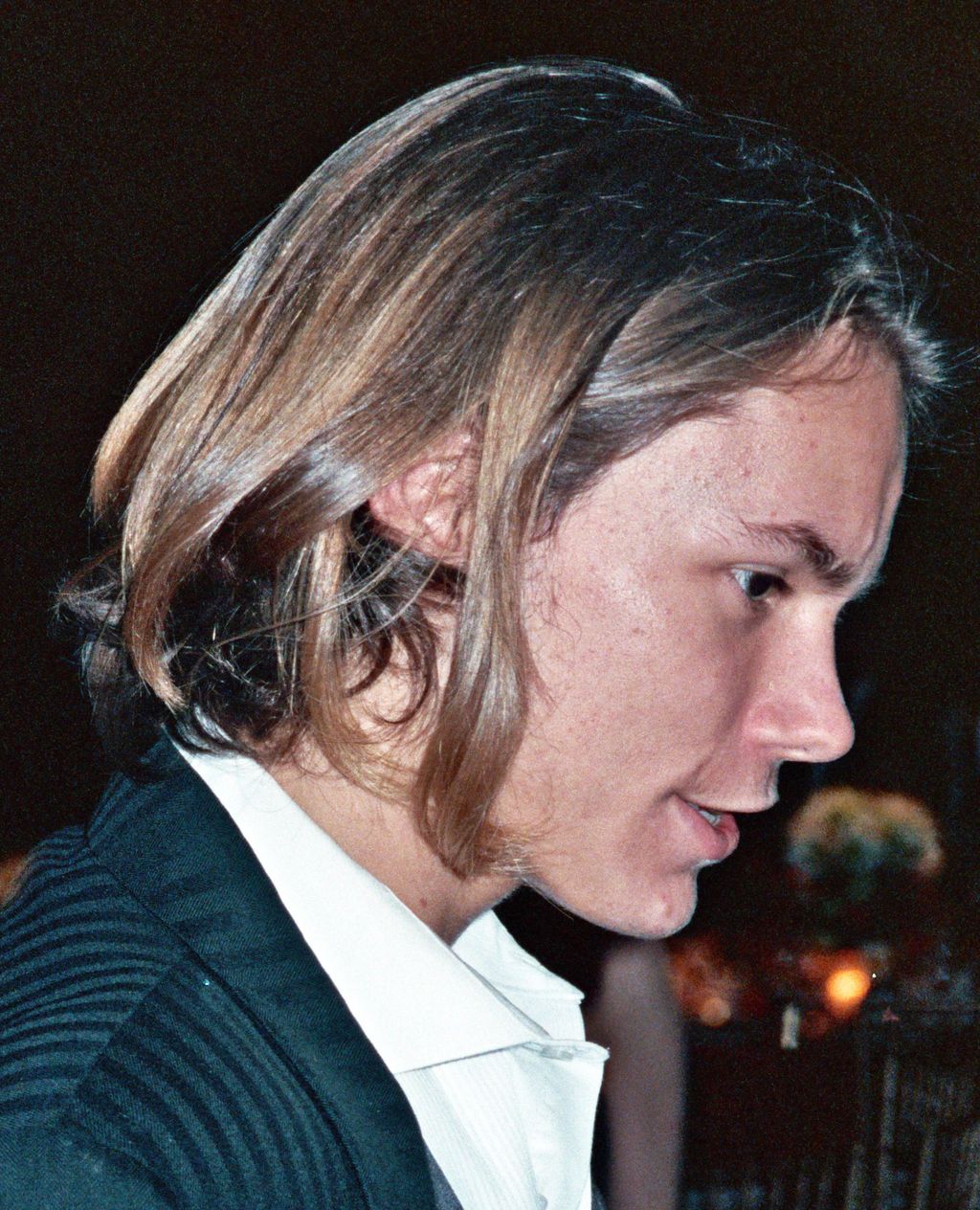
3. **River Phoenix**River Phoenix, the ’80s teenage heartthrob and Oscar-nominated actor, was on a meteoric rise, best known for playing young Indy in ‘Indiana Jones and the Last Crusade’ and his performance in ‘Running on Empty.’ However, his promising career was tragically cut short at the age of 23, when his struggle with drug addiction led to his fatal overdose at the infamous Hollywood club, the Viper Room.
What truly makes Phoenix’s death so tragic is that while friends knew he had been abusing drugs, it had actually seemed as if he was turning a new leaf in the months before his passing. He had established a reputation for attending drug-fueled parties, which, admittedly, wasn’t uncommon for Hollywood stars. However, many saw River’s drug use as an escape or a form of self-medicating, coping with the immense pressures of his success and early responsibilities.
He carried significant burdens, including his family being financially dependent on him from a young age. On top of that, Phoenix likely had residual trauma from his family’s involvement with the incestuous, pedophilic cult, The Children of God. He didn’t speak of the cult often, but on one of the rare occasions where he did, he described them as ‘disgusting’ and ‘ruining people’s lives,’ hinting at the deep scars he carried.
During the filming of ‘Dark Blood’ in Utah and New Mexico, Phoenix remarkably maintained sobriety for two months. Unfortunately, upon returning to Los Angeles in late October, he immediately went on a binge with his friend, Red Hot Chili Peppers’ guitarist John Frusciante. This culminated in a fateful trip to The Viper Room on Halloween night, where he tragically collapsed and flatlined from an overdose of cocaine and heroin, with traces of Valium, marijuana, and ephedrine also found in his system. His untimely death was a wake-up call, exposing the dark, dangerous underbelly of the Hollywood party scene and the vulnerability of young stars.
Read more about: Consumer Alert: The 14 Car Models Most Frequently Regretted by Owners, and Why They Fall Short

4. **Sharon Tate**No list of Hollywood tragedies would be complete without Sharon Tate. A model and actress known for her stunning beauty and blossoming career, her life was brutally cut short at the age of 26. She was tragically murdered by members of the infamous Manson family, who broke into her home in a horrific act that sent shockwaves far beyond Hollywood.
Tate’s murder, along with others committed by the Manson cult, didn’t just end lives; it terrorized Hollywood and, in many ways, marked the symbolic end of the perceived innocence of the late 1960s, particularly the ‘Summer of Love.’ The sheer brutality and randomness of the crime shattered the carefree veneer of the era, introducing a new level of fear and paranoia into the collective consciousness.
The incident had a profound cultural impact, forcing people to confront the darker elements lurking beneath society’s surface. It forever changed how celebrities and the public viewed personal safety and security, highlighting the vulnerability of even the most glamorous figures to extreme violence. The very name ‘Manson’ became synonymous with chilling evil, casting a long shadow over the industry.
Sharon Tate’s story remains a poignant symbol of innocence lost and the destructive power of radicalized individuals. Her bright potential, extinguished far too soon, continues to be mourned, and her tragic fate serves as a somber reminder of a pivotal, terrifying moment in American history that deeply scarred Hollywood and its stars.
Read more about: Goin’ to Californy: Unpacking the Lives of The Beverly Hillbillies Cast, Then and Now
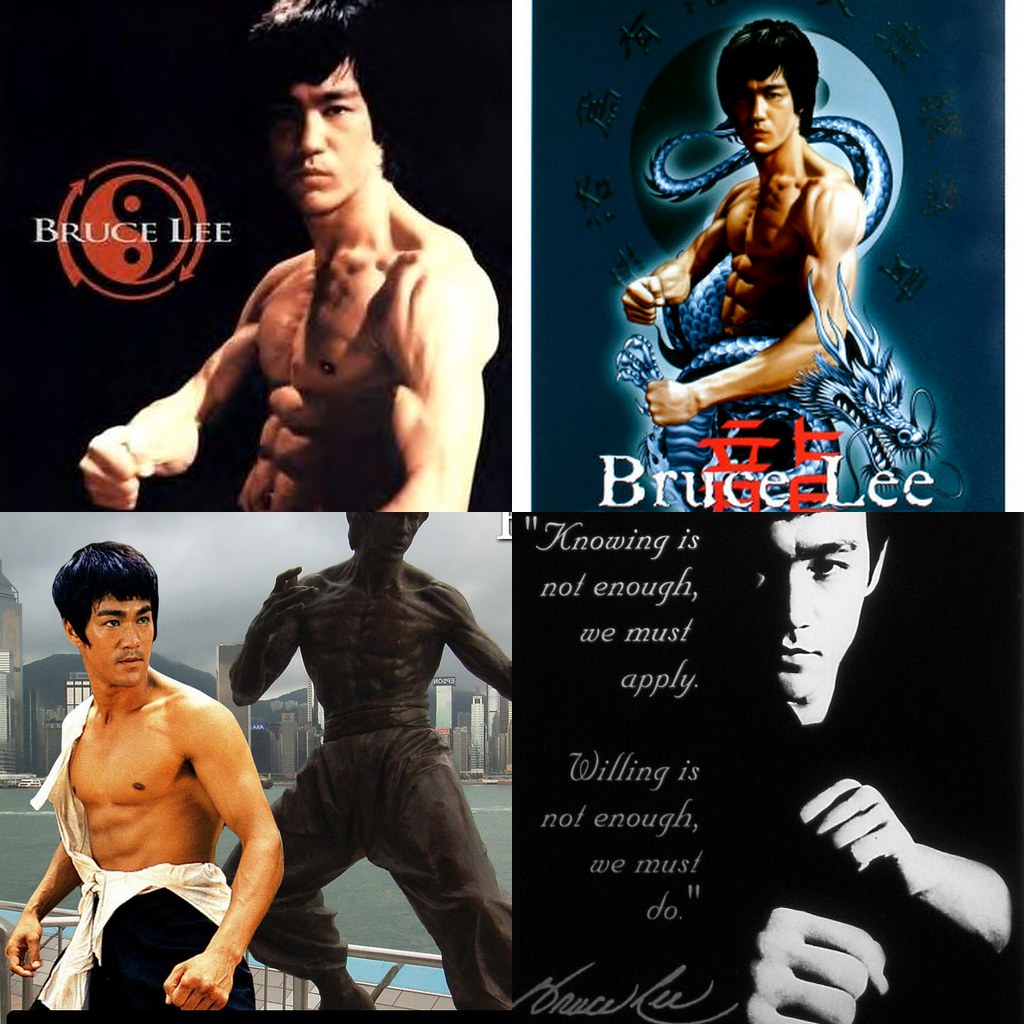
5. **Bruce Lee**Bruce Lee was more than just an actor; he was a master martial artist and a global film star who almost single-handedly brought kung fu movies into the mainstream in the 1970s. His electrifying presence and revolutionary fighting style captivated audiences worldwide, making him an icon whose influence continues to be felt in action cinema today.
However, his ascent to legendary status was dramatically punctuated by his sudden and mysterious death at the age of 32. On July 20, 1973, Lee collapsed, and the official cause of death was attributed to cerebral edema, or brain swelling, which was perhaps a reaction to a common headache medication he had taken. This explanation, however, did little to quell the immediate and enduring speculation surrounding his passing.
The mystery surrounding his death quickly spawned numerous conspiracy theories, ranging from an ancient martial arts curse to foul play by organized crime or rival martial arts masters. The ambiguity left a void that popular imagination was quick to fill, further cementing his legendary, almost mythical, status. His fans found it hard to believe such a physically vibrant and disciplined individual could simply die from an allergic reaction.
Bruce Lee’s impact on Hollywood was immense; he broke racial barriers and introduced Eastern philosophy and martial arts to a global audience. His untimely death, shrouded in mystery, only amplified his legend, turning him into an enduring symbol of power, skill, and the tragic fragility of human life, leaving a profound and permanent mark on both the film industry and popular culture.
Read more about: Bruce Willis’s Frontotemporal Dementia: An In-Depth Look at Care Decisions, Family Dynamics, and Expert Perspectives
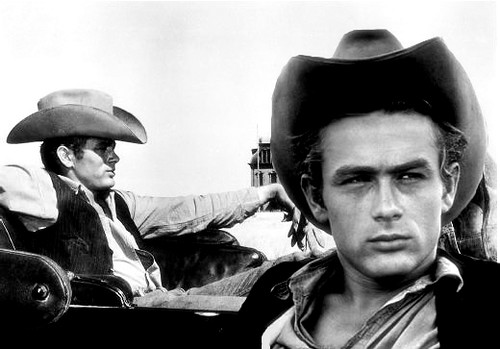
6. **James Dean**James Dean, Hollywood’s favorite rebel and heartthrob, burned brightly and briefly, leaving an indelible mark on cinematic history. Best known for his iconic role in ‘Rebel Without a Cause,’ he encapsulated the angst and disillusionment of a generation, becoming a symbol of youthful defiance and cool.
His legend was tragically sealed at the age of 24, when he died in a high-speed car crash in 1955. The accident occurred just as his career was skyrocketing, having completed his role in ‘Giant’ that very week. His sudden death cemented his image as the ultimate ‘live fast, die young’ icon, forever youthful and eternally rebellious.
Dean’s untimely departure had a profound impact on popular culture, making him an enduring symbol for alienated youth and anti-establishment sentiments. His films, though few, resonated deeply with audiences, and his death transformed him from a rising star into an immortal legend, whose influence on fashion, attitude, and acting styles continues to this day.
The circumstances of his death, involving a passion for racing and a fast car, only added to his mystique, feeding into the romanticized notion of a troubled genius taken too soon. James Dean’s brief but brilliant career and dramatic exit ensure his place as one of Hollywood’s most iconic figures, forever young and forever a rebel without a cause.
Read more about: The Heart-Wrenching Realities: A Deep Dive into the Tragic Life and Ongoing Struggles of Rosie O’Donnell’s Daughter, Chelsea

7. **Heath Ledger**Heath Ledger, a remarkably talented actor, captivated audiences with his intense performances, none more so than his chilling portrayal of the Joker in ‘The Dark Knight.’ This role, which many consider his masterpiece, allegedly consumed him, leading to severe anxiety attacks and persistent sleeping problems.
His death at the incredibly young age of 28, in January 2008, was a profound shock to the world. It was caused by an unfortunate and accidental combination of prescription anti-anxiety medications, painkillers, and sleeping pills. The tragic incident immediately sparked widespread discussion about the pressures of method acting and the dangers of prescription medication.
Ledger’s posthumous Oscar for Best Supporting Actor for ‘The Dark Knight’ served as a bittersweet testament to his extraordinary talent and the depth of his commitment to his craft. The award underscored the immense potential that was lost, further amplifying the grief felt by fans and colleagues alike. His performance as the Joker redefined cinematic villainy, setting a new benchmark for actors.
Beyond his iconic role, Ledger was survived by his daughter, Matilda, whose mother is his ex, Michelle Williams. Williams’ poignant words, “Every time I really miss him and wonder where he’s gone, I just look at her,” highlighted the personal tragedy behind the public loss. Heath Ledger’s death remains a powerful reminder of the hidden struggles actors face and the critical importance of mental health awareness in the demanding world of Hollywood.
His legacy continues to influence actors and filmmakers, pushing boundaries and inspiring deep dives into complex characters. His story serves as a cautionary tale about the emotional and psychological toll that intensive artistic endeavors can take, urging a more empathetic approach to the well-being of those who entertain us.
Read more about: You Won’t Believe How These 12 Supporting Characters Stole The ENTIRE Movie!
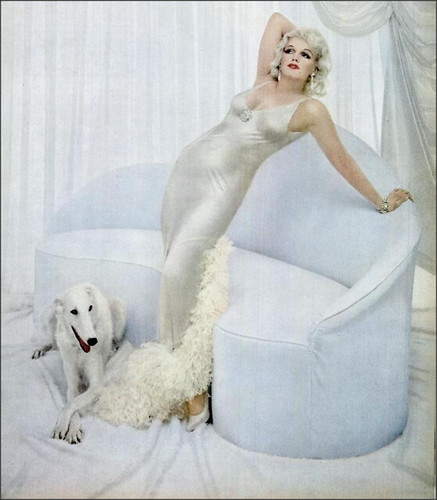
8. **Jean Harlow**Moving from the Golden Age’s mysteries, let’s talk about another icon whose light went out far too soon: Jean Harlow. She was an absolute sensation, one of the biggest stars dominating the silver screen in the 1930s. Her platinum blonde hair and undeniable charisma made her a true standout, but beneath the glamour, her story holds a heartbreaking reminder of the industry’s ruthless side.
Harlow became ill in 1937, a terrifying twist for someone so young and vibrant. What makes her story particularly poignant is the immense pressure she faced from studio executives. Despite her declining health, she was reportedly pushed to keep working, highlighting a disturbing aspect of early Hollywood where profits often seemed to outweigh the well-being of its biggest assets.
By the time she was finally rushed to the hospital, it was tragically too late. Jean Harlow slipped into a coma and lost her life at the tender age of 26, the official cause being kidney failure. Her death was a stark, sobering moment that revealed the severe consequences of overwork and neglect within the studio system, leaving us to wonder what more she could have achieved had her health been prioritized.
Her passing served as a grim testament to the toll that relentless demands could take on even the brightest stars. It’s a powerful narrative about how fame, particularly in that era, often came with a heavy, and sometimes fatal, price, forever changing the conversation around actor welfare.
Read more about: Hollywood’s Haunting Final Bow: The Enduring Tragedies and Legacies of 14 Iconic Stars

9. **Chris Farley**If you were around in the ’90s, you knew Chris Farley. The guy Adam Sandler famously called ‘the funniest man I ever knew,’ Farley brought an explosion of energy and physical comedy to every role, making him a beloved fixture on Saturday Night Live and in films like ‘Tommy Boy.’ His infectious laughter and larger-than-life persona masked a deep struggle that ultimately led to his tragic end.
Behind the hilarious sketches and memorable movie lines, Chris Farley was fighting a brutal battle with drug and alcohol addiction. It’s a common, heartbreaking thread among many of Hollywood’s brightest, and his struggle was unfortunately no different. The comedic genius we adored was grappling with personal demons that were far from lighthearted.
Sadly, that battle culminated in his overdose at the age of 33. His death was a punch to the gut for fans and colleagues alike, underscoring the severe and often hidden struggles that can plague those who bring us the most joy. It sparked important conversations about addiction within the industry and the desperate need for support for artists facing similar challenges.
Farley’s untimely departure left an unfillable void in comedy and served as a stark reminder that even the most outwardly joyful individuals can be in immense pain. His legacy is a bittersweet mix of uproarious laughter and the poignant awareness of a talent lost too soon, prompting a broader look at mental health and substance abuse in the public eye.
Read more about: The Enduring Echoes of Laughter: A Tribute to Comedy Icons Who Forever Shaped Our World and Said Farewell
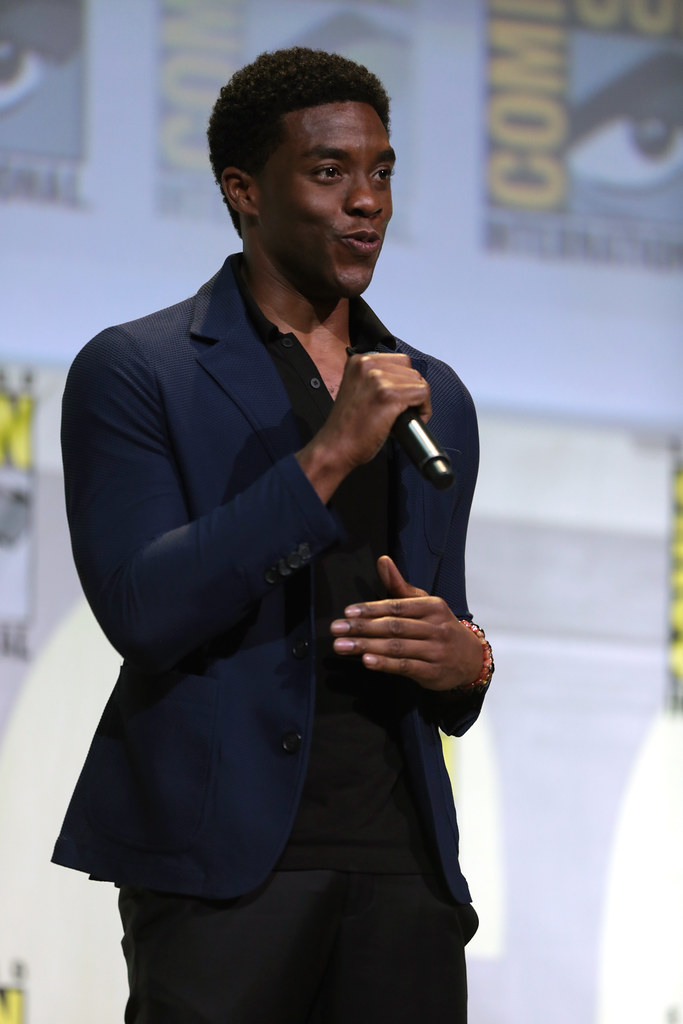
10. **Chadwick Boseman**Okay, get ready for some serious feels because Chadwick Boseman’s story is one that absolutely stopped Hollywood in its tracks, not just because of the loss, but because of the incredible secret he carried. He was on an unstoppable path to superstardom after delivering powerhouse performances in ‘Black Panther,’ ‘Marshall,’ and ‘Ma Rainey’s Black Bottom,’ even earning an Oscar nomination for the latter.
What we didn’t know, and what makes his story so profoundly impactful, is that amidst all this success, Chadwick was privately battling colon cancer. He kept his diagnosis completely under wraps, a testament to his immense strength and dedication. His family revealed in an Instagram post in August 2020 that he had been diagnosed with stage III colon cancer in 2016, which later progressed to stage IV.
The statement from his family hit hard: ‘A true fighter, Chadwick persevered through it all, and brought you many of the films you have come to love so much. From Marshall to Da 5 Bloods, August Wilson’s Ma Rainey’s Black Bottom and several more, all were filmed during and between countless surgeries and chemotherapy.’ Imagine the sheer will it took to embody King T’Challa, a superhero, while undergoing such intense personal trials.
He died at the age of 43, with his wife and family by his side. His death, and the revelation of his secret battle, sparked a global outpouring of grief and admiration. It immediately amplified critical conversations about cancer awareness, early screening, and the incredible pressure celebrities often feel to maintain a perfect image, even in the face of devastating illness. Boseman’s legacy is not just of an iconic actor, but of a true warrior whose life and death inspired millions.
Read more about: From Trailblazers to Modern Icons: Unveiling the 12 Best Black Actors Who Shaped Cinema History

11. **Susan Peters**Here’s a truly heartbreaking story of potential cut short by a twist of fate that reminds us how fragile life can be, even for rising stars. Susan Peters was shining brightly in the 1940s, having starred in over 20 films and well on her way to becoming a major Hollywood player. She possessed a captivating screen presence that promised a long and illustrious career.
However, a freak accident completely derailed her trajectory and changed her life irrevocably. While on a hunting trip with her husband, her rifle tragically discharged, and a bullet lodged in her spine. This devastating injury left her paralyzed from the waist down, altering her future in ways no one could have predicted.
The impact on her career was immediate and cruel. Hollywood, often unforgiving, stopped giving her acting roles. Compounding her physical trauma was immense personal heartbreak when her husband left her. The combined weight of her paralysis, the end of her career, and the dissolution of her marriage led to a deep depression.
In her despair, Susan Peters stopped eating, a tragic consequence of her profound suffering. She ultimately died from malnutrition at the young age of 31. Her story is a powerful, somber reminder of the vulnerabilities of human life and how a single, unforeseen event can crush a burgeoning career and a spirit. It sparked quiet, but important, conversations about how the industry supports — or fails to support — its members after life-altering events, long before such topics were openly discussed.
Read more about: Harper and Finley’s Unwavering Spirit: Lisa Marie Presley’s Twins Embrace New Beginnings with Dad Michael Lockwood
12. **Anthony Perkins**Prepare to have your perception of a Hollywood legend forever shifted. Anthony Perkins delivered one of the most chilling and iconic performances in cinematic history as Norman Bates in Alfred Hitchcock’s ‘Psycho.’ His portrayal was so impactful that it forever cemented his place in horror lore, but off-screen, Perkins lived a life shadowed by the rigid social norms of his era.
As a gay man during a time when Hollywood and society at large were far less accepting, Perkins felt compelled to keep his sexual orientation a profound secret. This personal struggle, a common narrative for many LGBTQ+ individuals in the public eye during that period, added an immense layer of pressure and complexity to his life, forcing him to live behind a carefully constructed facade.
His health struggles added another layer of tragedy. Perkins was diagnosed with HIV/AIDS, a disease that, especially at the time, carried significant stigma and fear. He faced this illness with the same quiet dignity, but its progression eventually took his life at the age of 60. His passing brought a private battle into the public light, highlighting the personal tolls of illness coupled with societal secrecy.
Anthony Perkins’ story, particularly as it has been understood more fully in retrospect, compels us to reflect on the immense pressures and sacrifices many celebrities made to navigate a less inclusive Hollywood. His death, in its quiet reveal, became a part of the broader conversation about AIDS awareness and the desperate need for empathy and understanding for those battling stigmatized illnesses, ultimately pushing for more compassionate dialogue in entertainment circles.
Read more about: Remembering the Trailblazing Gay Actors and Artists Who Succumbed to AIDS: A Tribute to Their Indelible Legacies in Entertainment
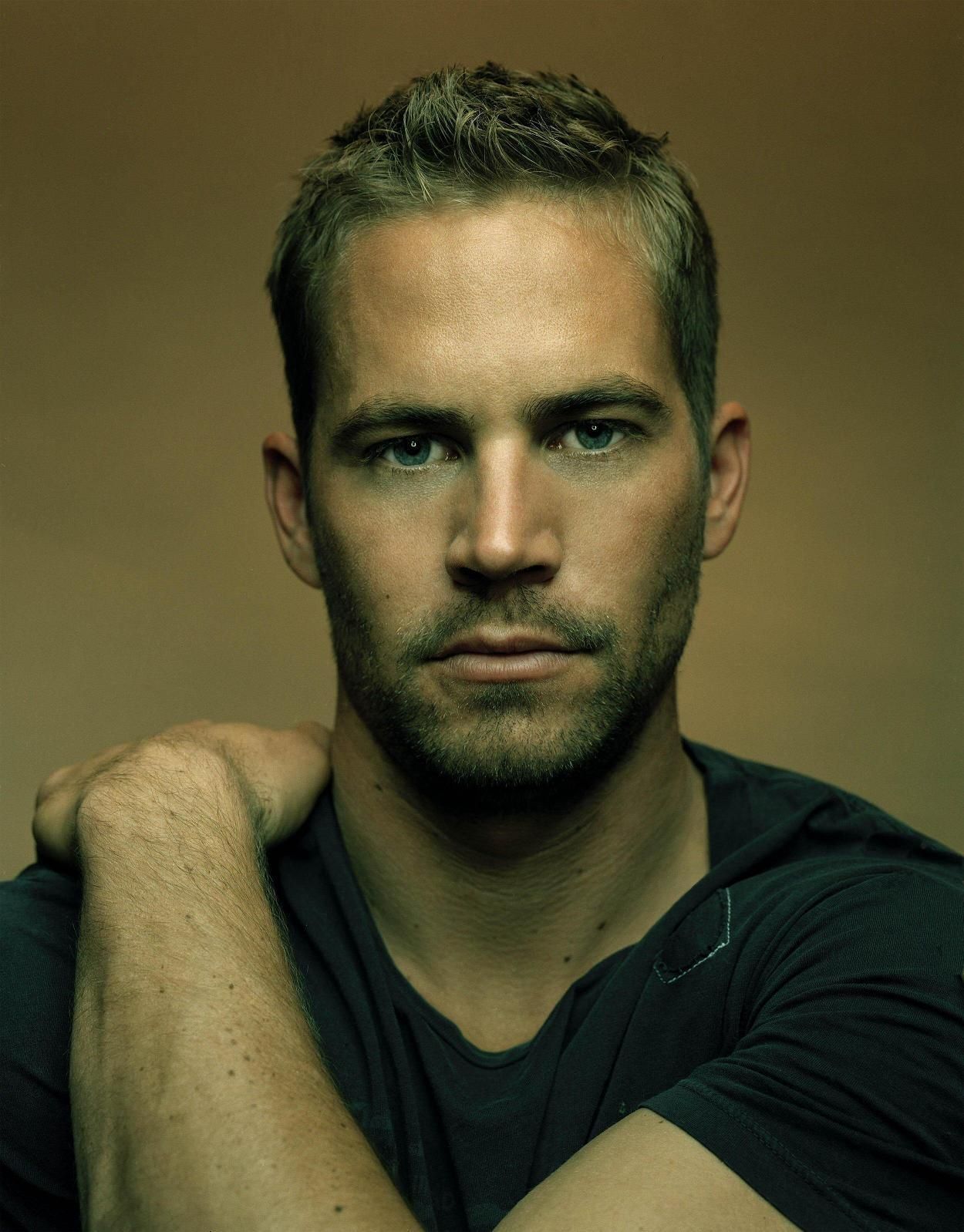
13. **Paul Walker**Fasten your seatbelts, because Paul Walker’s story is one that shook the foundations of Hollywood and left millions mourning, not just a star, but a beloved figure known for his genuine kindness. The charismatic star of the hugely successful ‘Fast & Furious’ movie franchise, Walker had a massive fan base and seemed to embody the very spirit of adventure and loyalty, both on and off-screen.
His life was tragically cut short at the age of 40 in November 2013, when he died in a high-speed car crash. The accident occurred while he was leaving a charity event, and he was a passenger in a single-car crash with his friend and the driver, Roger Rodas. The circumstances of his death, involving speed and a powerful vehicle, amplified the shock and pain felt around the world.
The impact on his ongoing movie franchise was immense. Production on ‘Furious 7’ was paused, and the film underwent significant rewrites to respectfully address his absence. The emotional tribute paid to him in ‘Fast & Furious 7,’ set to the song ‘See You Again’ by Wiz Khalifa, became an iconic moment in cinematic history, resonating deeply with fans and honoring his legacy in a uniquely poignant way.
Walker’s death sparked critical conversations about road safety and the responsibilities of public figures, particularly given his association with car culture. It served as a powerful reminder of life’s fragility and how deeply connected audiences become to the stars they admire. His legacy continues to be celebrated, not just for his action hero roles, but for the person he was and the lasting impression he left on millions.
Read more about: Pop Culture’s Most Polarizing Personalities: The 15 Actors Audiences Love to Dislike (and Why)
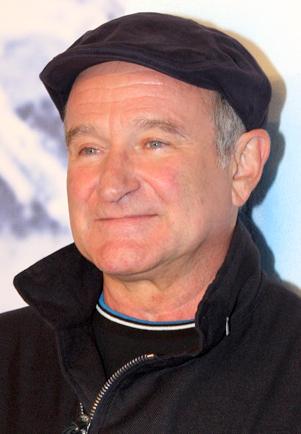
14. **Robin Williams**Here’s a story that truly broke hearts across the globe and forever changed how we talk about mental health in Hollywood: Robin Williams. This comedic master and Hollywood legend brought unparalleled joy to countless lives through his iconic roles and improvisational genius. From ‘Mrs. Doubtfire’ to ‘Good Will Hunting,’ his ability to make us laugh, cry, and think was simply unmatched.
His death at age 63 in August 2014 was initially reported as a suicide due to depression, a revelation that shattered the public’s perception of the man who seemed to embody pure happiness. The profound shock of his passing highlighted the stark reality that even those who bring the most light can be fighting unimaginable internal battles. It spurred an immediate, widespread conversation about the often-hidden struggles of mental illness.
However, the story deepened with a later, crucial discovery: it came out that he suffered from Lewy body dementia, a neurodegenerative disease that severely affected his cognition. His wife, Susan Schneider Williams, eloquently described his struggle: ‘My husband was trapped in the twisted architecture of his neurons and no matter what I did I could not pull him out.’ This revelation further nuanced the public’s understanding, revealing the physiological battle behind his final act.
Robin Williams’ death didn’t just mourn a comedic genius; it ignited a global dialogue about mental health, the complexities of neurodegenerative diseases, and the critical importance of compassion and understanding. His legacy now includes not only his incredible body of work but also a powerful, heartbreaking call to destigmatize mental illness and recognize the unseen struggles many face. He forever changed the conversation around health, personal struggle, and the pressures of fame, leaving an enduring mark on how we perceive celebrity well-being.
Read more about: You Won’t Believe How These 12 Supporting Characters Stole The ENTIRE Movie!
And there you have it, folks. From the silent screen to modern blockbusters, these stars left us too soon, but their stories continue to echo through the halls of Hollywood. They remind us that behind every dazzling performance is a human being, grappling with life’s unpredictable twists and turns, just like us. Their legacies aren’t just about the movies they made or the laughs they gave; they’re about the conversations they sparked, the lessons they taught, and the way they reshaped how we look at fame, vulnerability, and the precious, fleeting nature of life itself. Hollywood’s history is written not just in its triumphs, but in these profound, often heartbreaking, goodbyes. And while we miss them dearly, their impact truly does live on forever.

